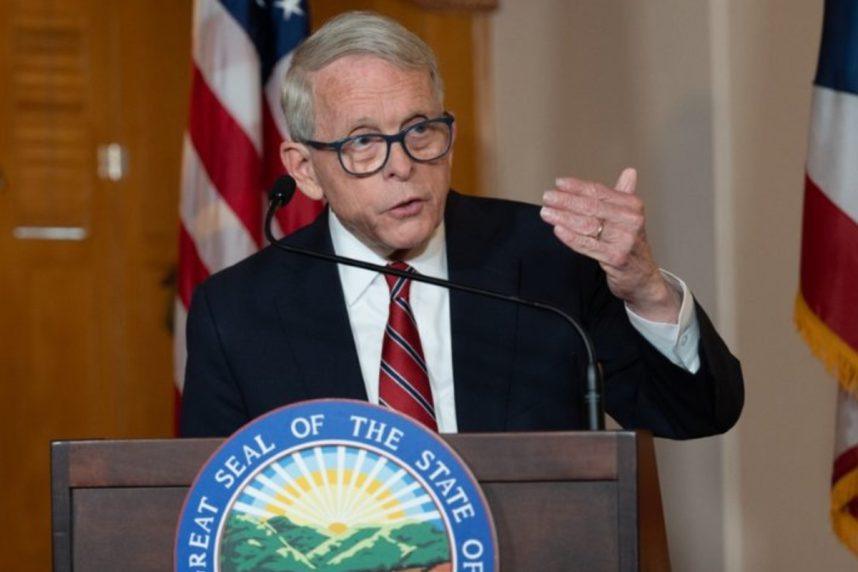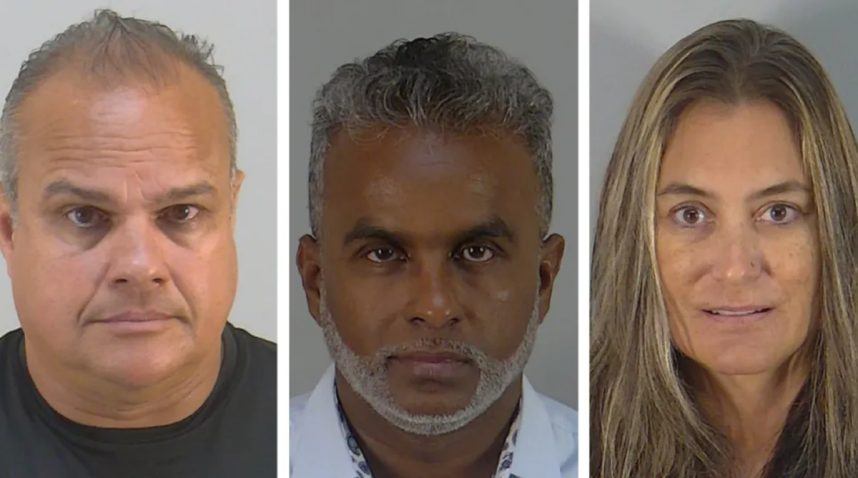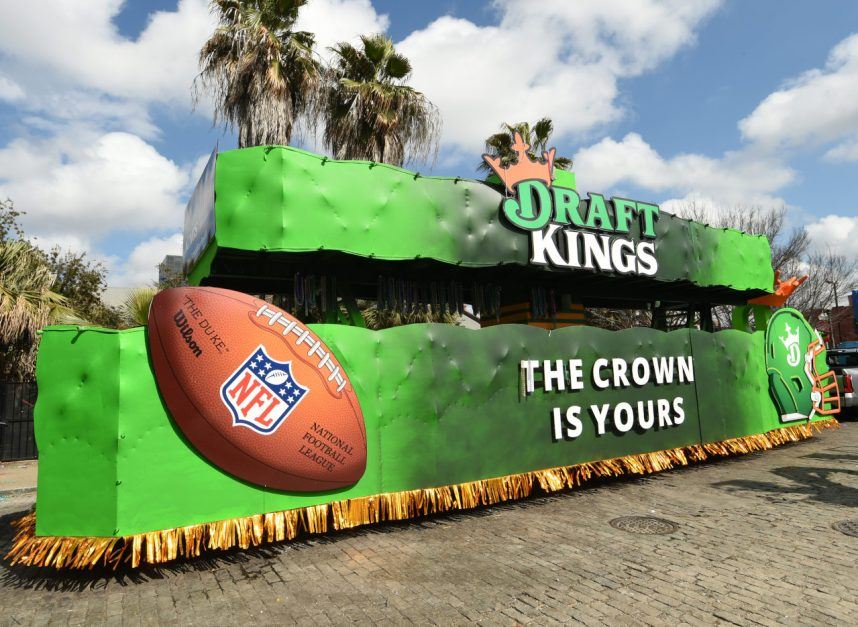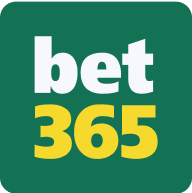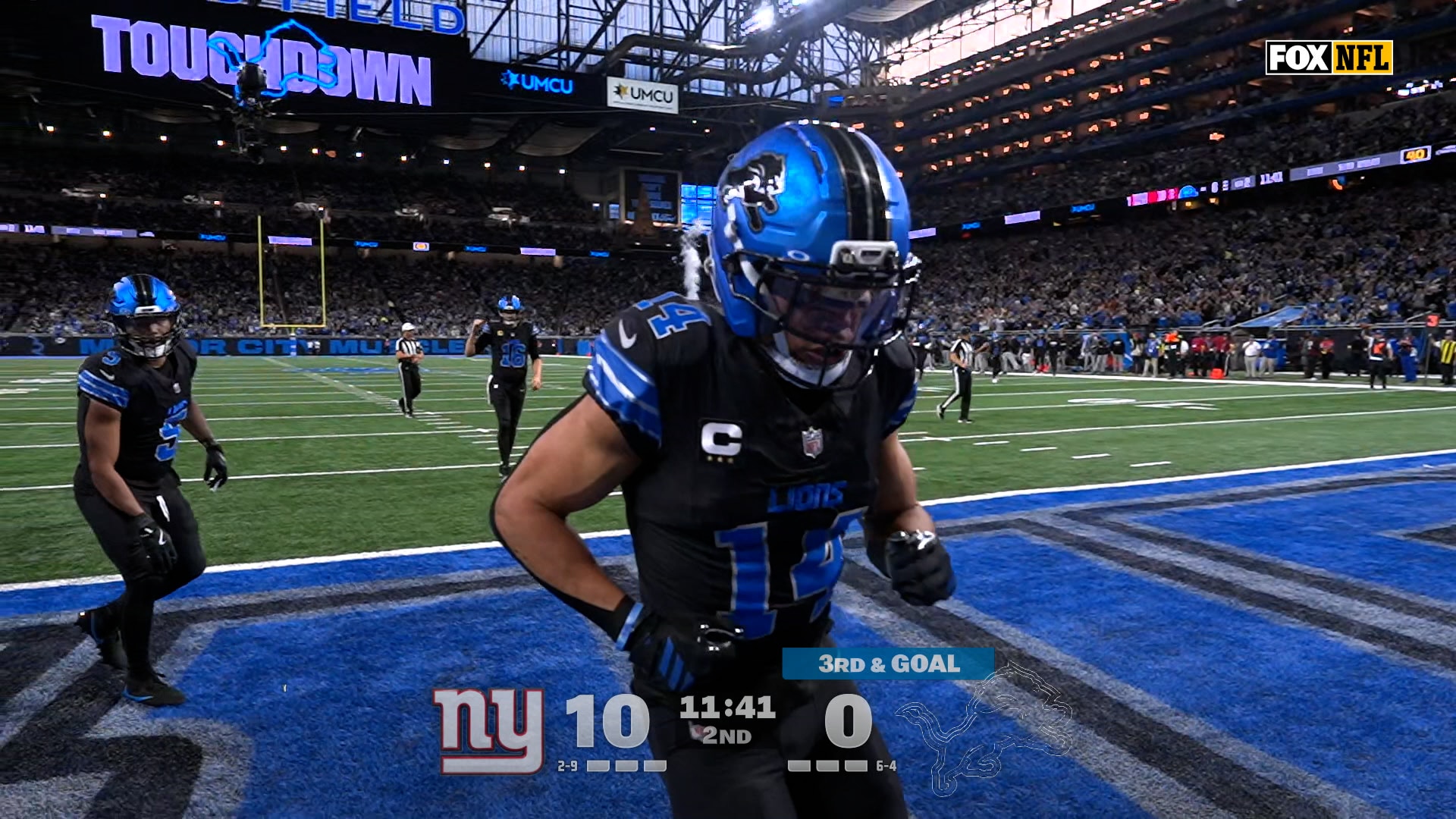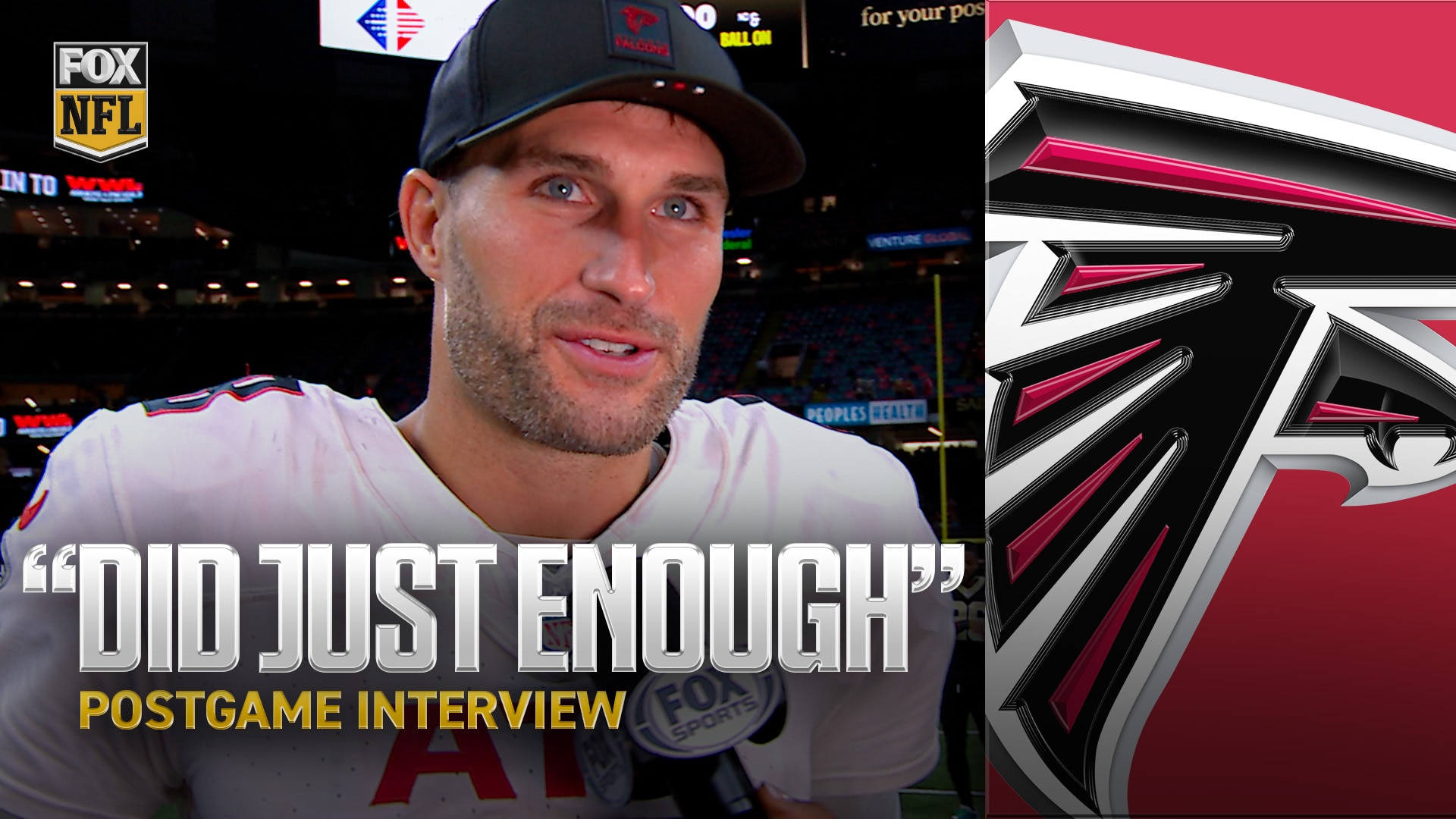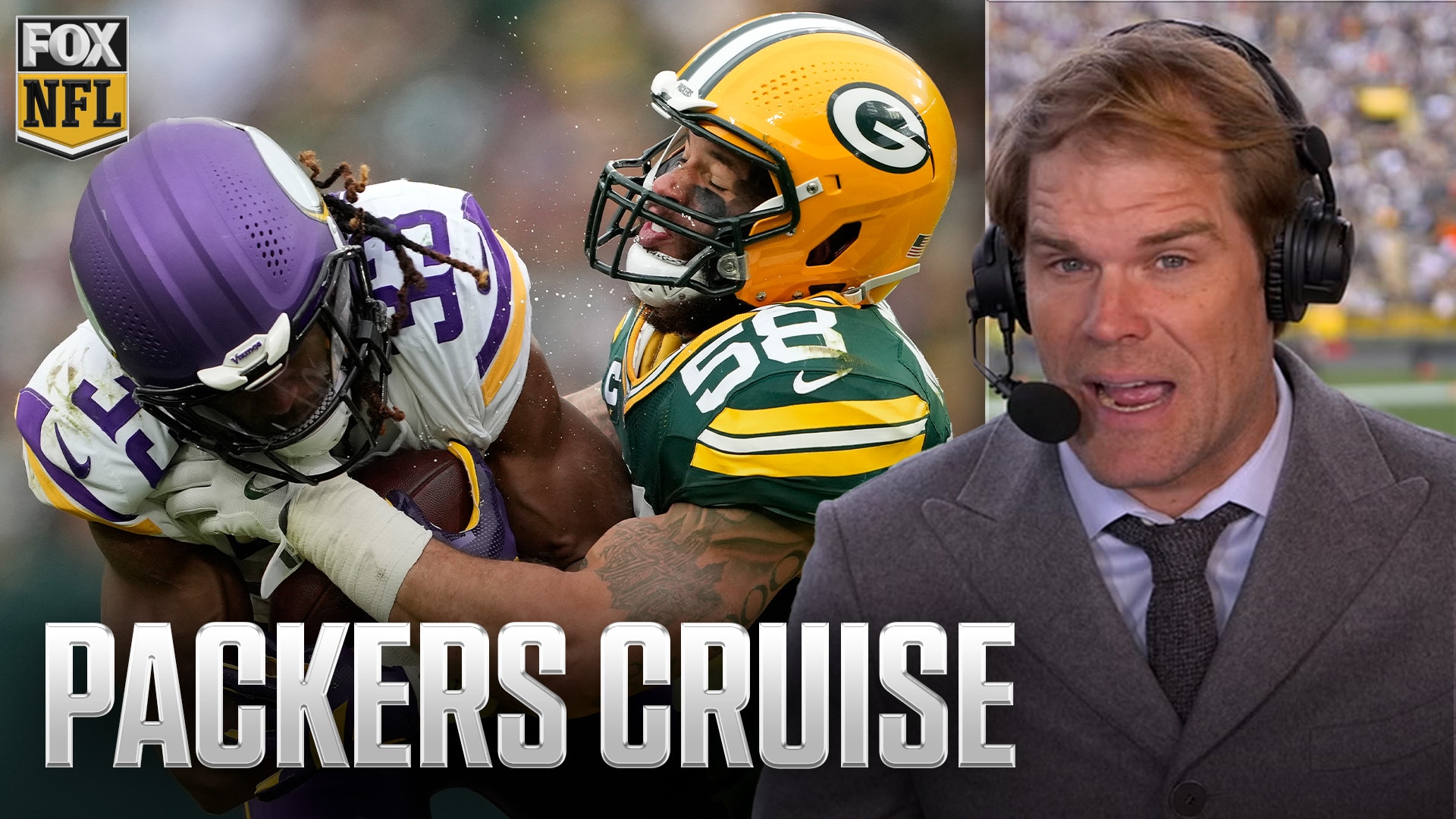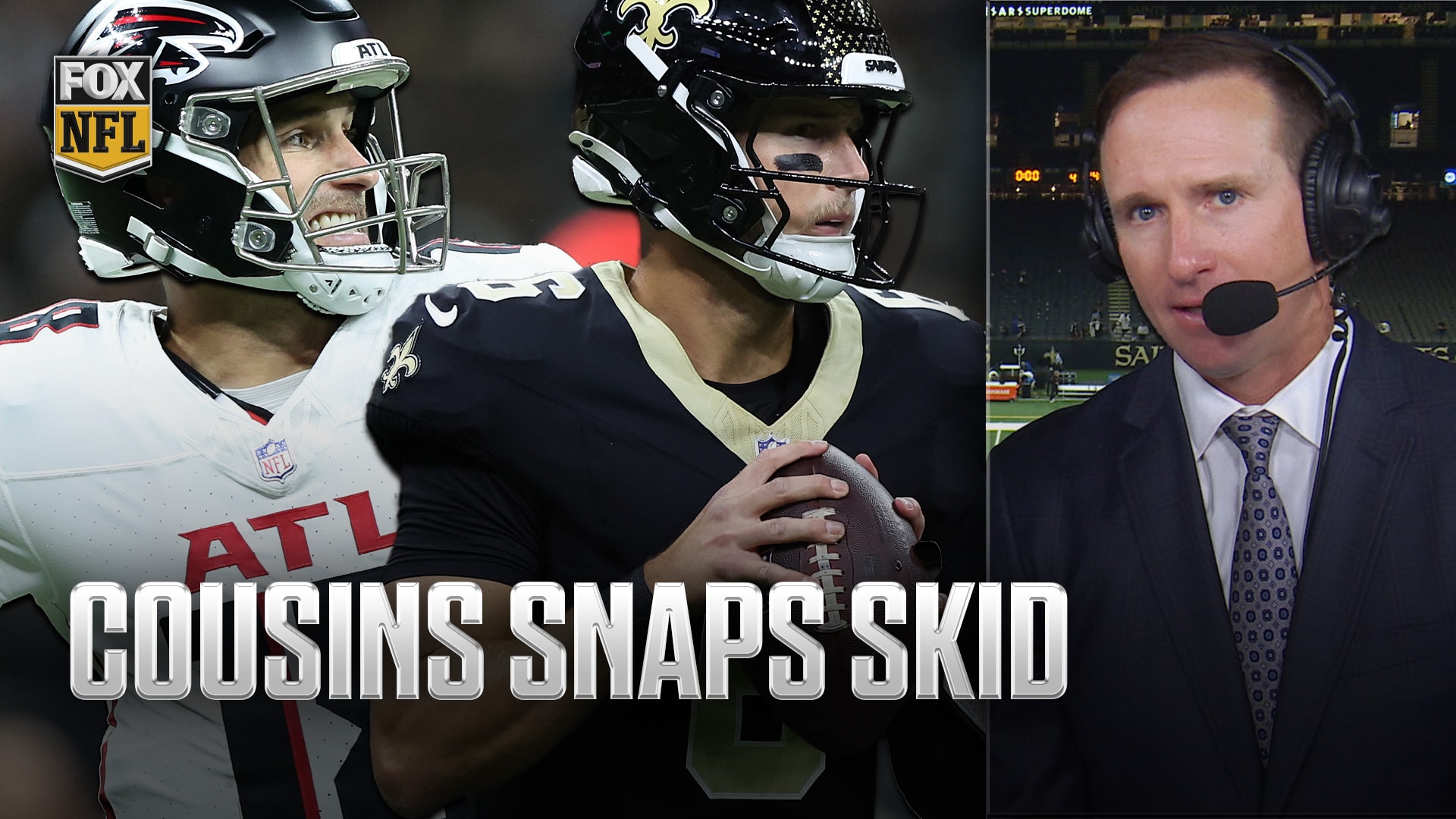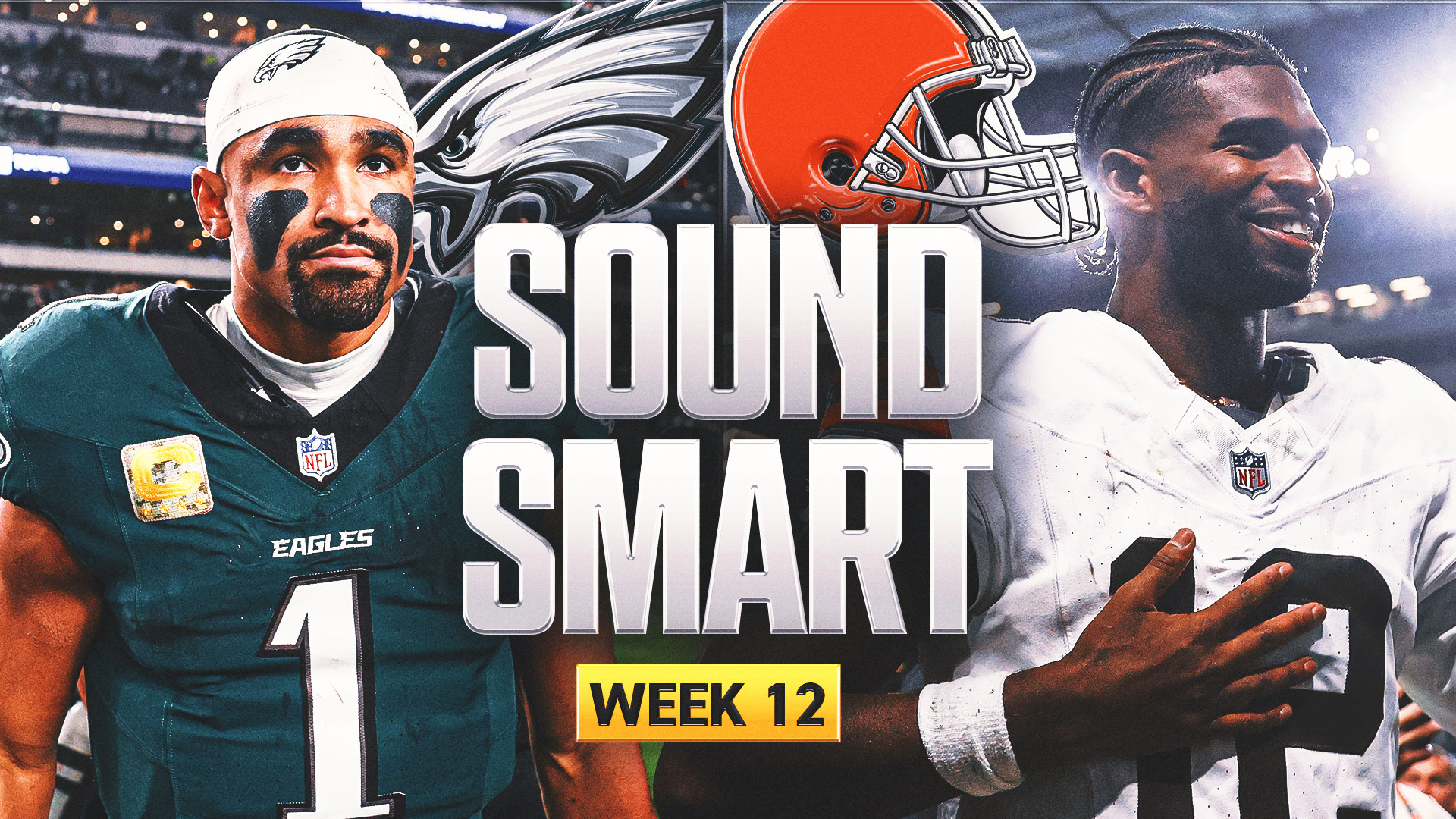- NCAA student-athletes remain barred from betting on professional sports
- The directive applies to all team personnel and athletic departments
- An earlier proposal to lift the pro sports betting ban was rescinded
NCAA student-athletes, team members, and athletic department staff will remain prohibited from engaging in professional sports betting after the governing body of college sports flip-flopped on an earlier decision.
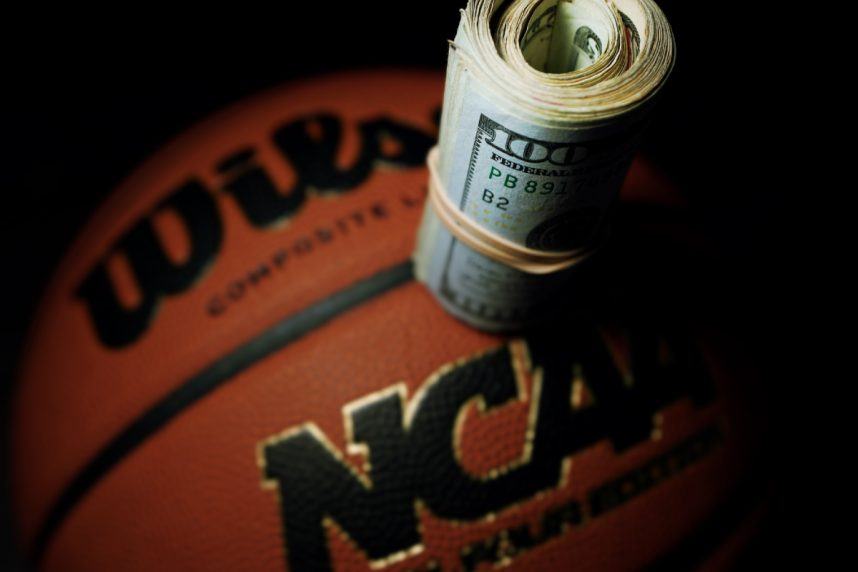 A wad of cash is stacked on an NCAA basketball. NCAA sports betting rules will remain in place after the governing body of collegiate sports changed course on a proposed amendment to allow student-athletes to bet on professional sports. (Image: Shutterstock)
A wad of cash is stacked on an NCAA basketball. NCAA sports betting rules will remain in place after the governing body of collegiate sports changed course on a proposed amendment to allow student-athletes to bet on professional sports. (Image: Shutterstock)In a brief announcement, the NCAA said after a “procedural 30-day period,” a majority of its member Division I schools voted to “rescind” a previously approved rule change that would have allowed student-athletes and associated personnel to participate in legal sports betting on professional sports only.
The NCAA said about two-thirds of DI schools voted to rescind the amendment. The change was to reduce the regulatory workload that the NCAA, its conferences, and member schools have in ensuring that none of the 540K student-athletes are betting on professional sports.
The revision also would have stripped harsh penalties against student-athletes found to have violated the professional sports betting rule, which includes loss of eligibility.
SEC Pushback
The proposal to rescind was prompted by Greg Sankey, the commissioner of the SEC, who is one of the most powerful individuals in college sports. Since the initial rule was approved by less than 75% of the 19-member Division I Cabinet, a group responsible for matters related to ethical conduct and athletics eligibility, each DI school was given 30 days to vote to rescind the proposal.
Sankey’s request was quickly heeded across the college landscape.
It’s not just about student-athletes. It’s about coaches, analysts, video staff, and sports medicine. I don’t think people do well with blurred lines or a lot of grey areas. Clear statements are needed,” Sankey said, referring to the fact that the ban on all college sports betting was to remain.
Sankey said he supports the NCAA’s continued educational programs related to sports betting and reducing the consequences of a player found to have been in violation.
“The notion, ‘Do it once and you’re out forever,’ that’s not really education-based,” Sankey said. “Our desire would be that the policy and guidance remain, but there’s more thought on how it’s applied to young people.”
Offshore Win?
The NCAA’s decision to keep in place its ban on student-athletes from engaging in any form of sports betting could be counterintuitive and lead to some gambling on offshore websites. Such online sportsbooks are not regulated by any state gaming agency or entity, as are legal sports gambling operators.
Legal sportsbooks can quickly pinpoint an unqualified bettor, such as a student-athlete. An offshore book typically doesn’t employ such monitoring services.
A 2023 NCAA survey found that 58% of 18- to 22-year-olds are participating in sports betting. On college campuses, participation is even more widespread, with 67% reporting participating in at least one sports betting activity over the past year and 35% admitting that they used a student bookmaker.
More than four in 10 have bet on their school’s teams. The NCAA estimates that about 20% of the college student population has at least one risky behavior related to problem gambling.
The post NCAA Sports Betting Rules Remain After Association Flip-Flops on Amendment appeared first on Casino.org.

 - Casino.org_ - www.casino.org.png) 3 hours ago
5
3 hours ago
5




